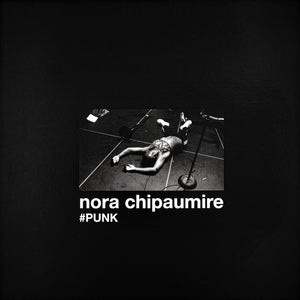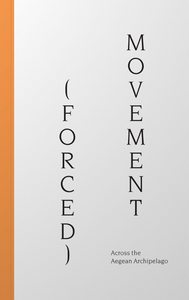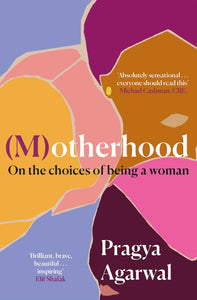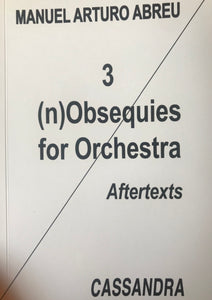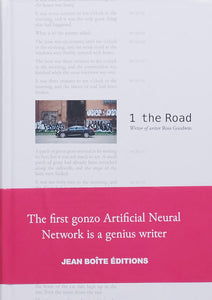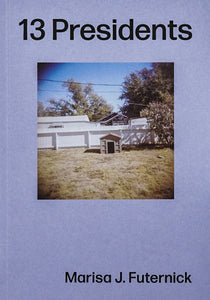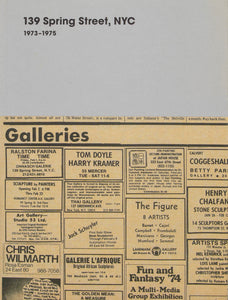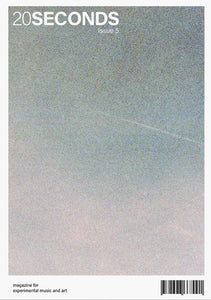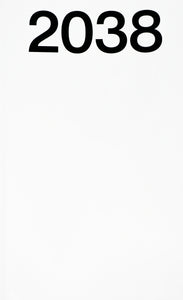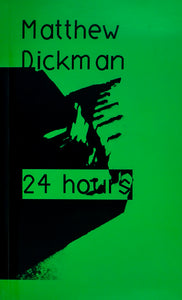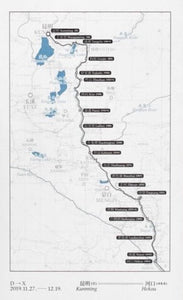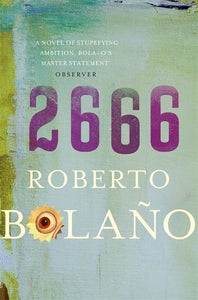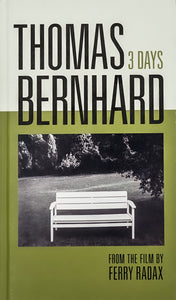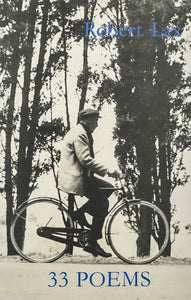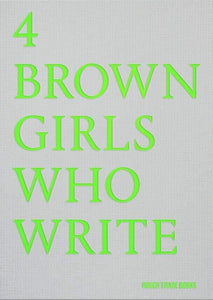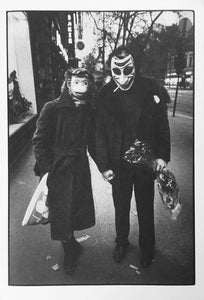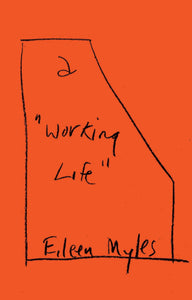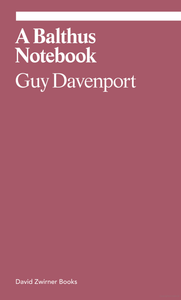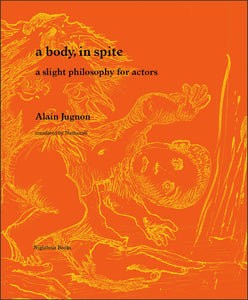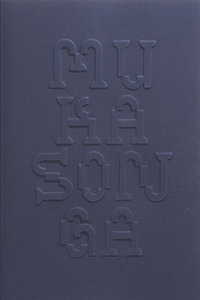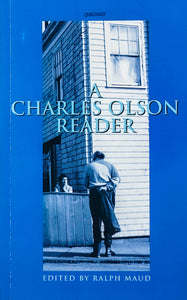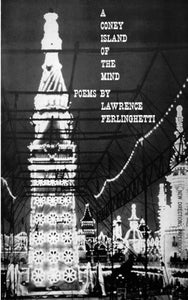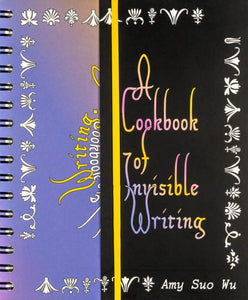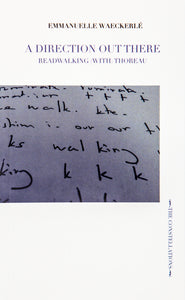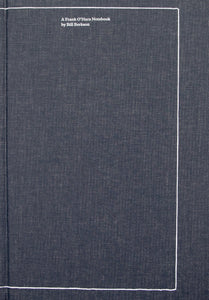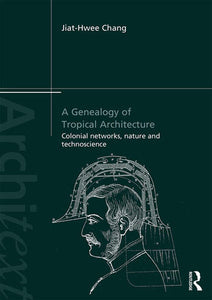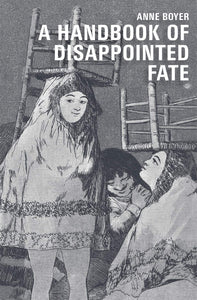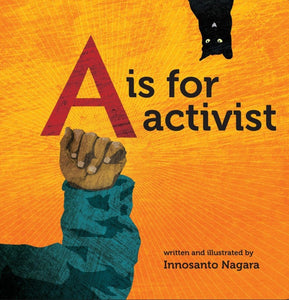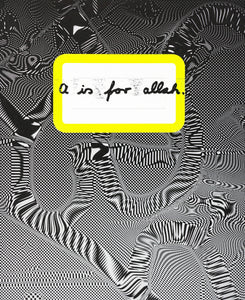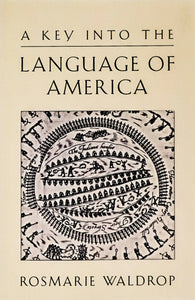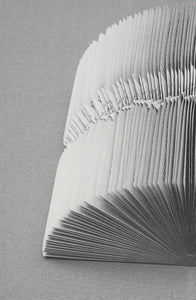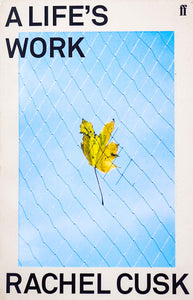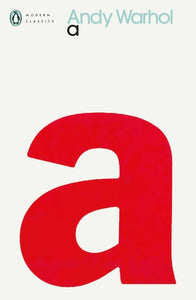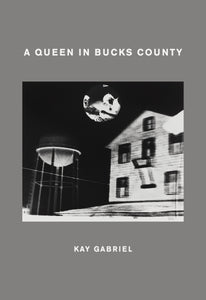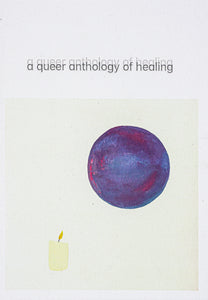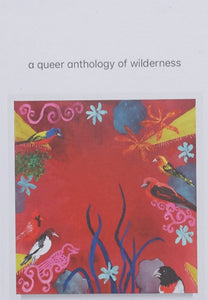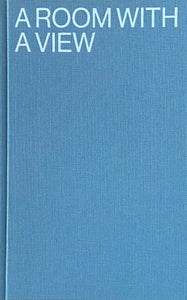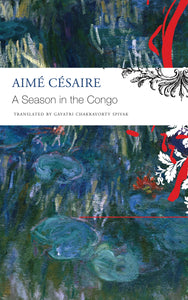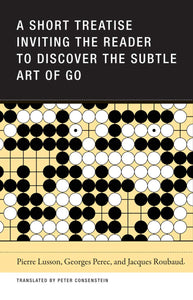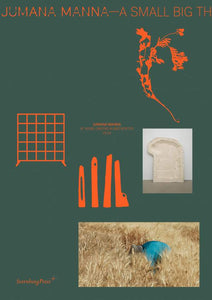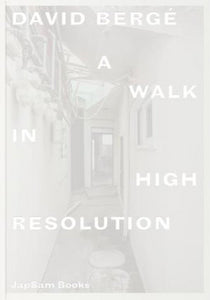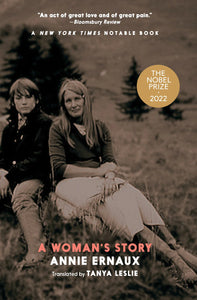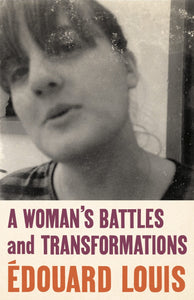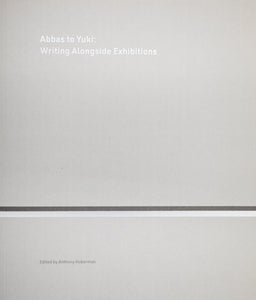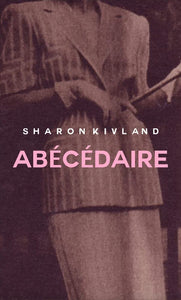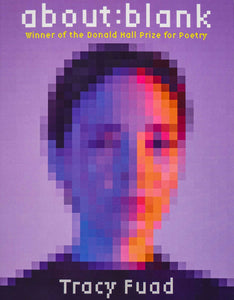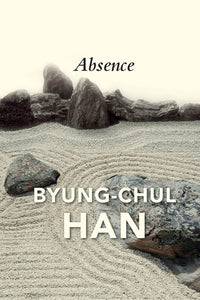Bending the Bow
Robert Duncan
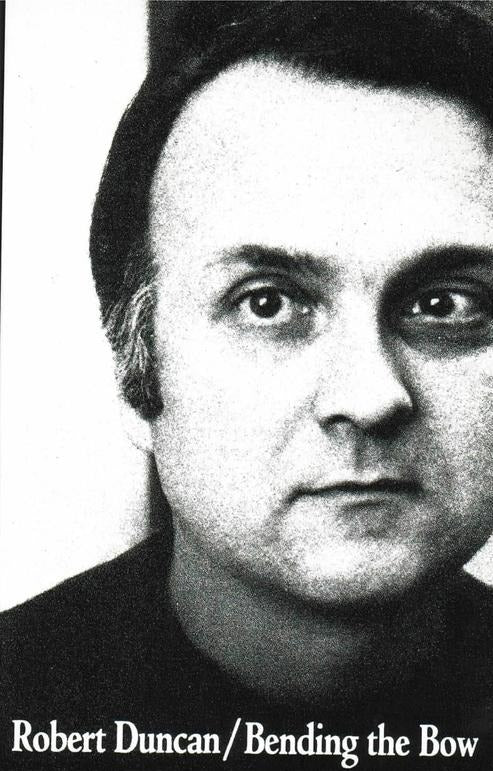
In Bending the Bow, which presents his work in poetry since Roots and Branches, Robert Duncan is writing on a scale which places him among the poets, after Walt Whitman, bold enough to attempt the personal epic, the large-canvas rendering of man’s spirit in history as one man sees it, feels it, lives it, and makes it his own. In “Structures of Rime,” the open series begun in The Opening of the Field and continued in this volume, Duncan works with ideas, forces, and persons created in language itself––the life and identity of the poet in the poem. With the first thirty poems of “Passages,” which form the structural base in Bending the Bow, he has begun a second open series––a multiphasic projection of movements in a field, an imagined universe of the poem that moves out to include all the terms of experience as meaning. Here Duncan draws upon and in turn contributes to a mode in American poetry where Pound’s Cantos, Williams’s Paterson, Zukofsky’s “A,” and Olson’s Maximus Poems have led the way. The chronological composition of Bending the Bow emphasizes Duncan’s belief that the significance of form is that of an event in process. Thus, the poems of the two open series belong ultimately to the configuration of a life in poetry in which there are forms moving within and interpenetrating forms. Versions of Verlaine’s Saint Graal and Parsifal and a translation of Gérard de Nerval’s Les Chimères enter the picture; narrative bridges for the play Adam’s Way have their place in the process; and three major individual poems––”My Mother Would Be a Falconress,” “A Shrine to Ameinias,” and “Epilogos”––among others make for an interplay of frames of reference and meaning in which even such resounding blasts of outrage at the War in Vietnam as “Up Rising” and “The Soldiers” are not for the poet things in themselves but happenings in a poetry that involve all other parts of his experience.
Length
160 pages
Cover
Softback
Binding
Perfect binding
Dimensions
13 x 8 x 1 cm.
